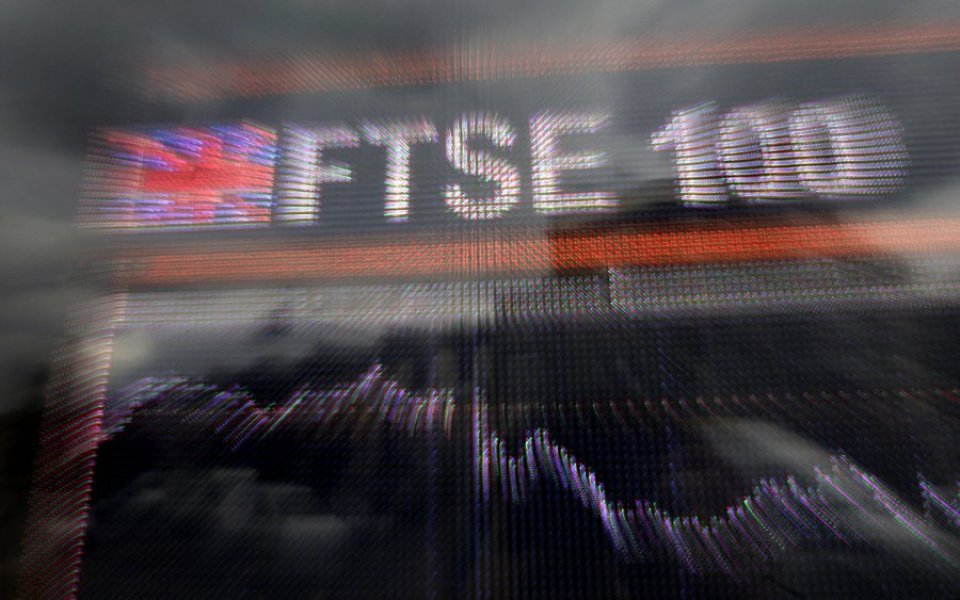Are FTSE 100 chief executives right to weigh in on the Brexit debate?

Sam Bowman, executive director of the Adam Smith Institute, says Yes.
Brexit could have a big impact on British business – indeed, this is one of the central claims of both sides. Leave says it would mean less red tape and more freedom to trade with the rest of the world; Remain says it would make trade with Europe harder. Whoever is right, it is entirely reasonable for British firms to give their views about this too. Companies are not altruistic: they have an interest in regulations that keep out new rivals. But they also have local knowledge of their own industries that may be useful. I want to know if banks think there is any hope of a true single market in financial services if we stay in, or if new EU banking regulations MiFID 2 and CRD IV would cripple the UK. And I want to know what British manufacturers and entrepreneurs think of the EU’s regulation. We must be cautious about taking their advice, but I, and many other voters, cannot decide this alone.
Jason Hollands, managing director at Tilney BestInvest, says No
Business leaders are perfectly entitled to make their views known on what is an important issue. However, the public should be highly sceptical when they do so in a highly choreographed fashion at the behest of one of the campaigns or Number 10 – in a naked attempt to present the impression that “business” speaks with a single voice on the issue. And the public should be especially sceptical of non-UK companies, such as Wall Street investment banks, trying to influence the outcome of a UK vote through funding campaigns. This should be a matter for the British public alone to decide. In reality, both sides in this debate can point to prominent figures from industry and the City who support their views. But business figures should think very carefully about making deliberately alarmist statements, which amount to little more than conjecture, that could ultimately damage their interests – and which they may have to radically row back from in the event that the referendum does not go the way they wish.